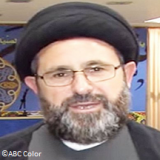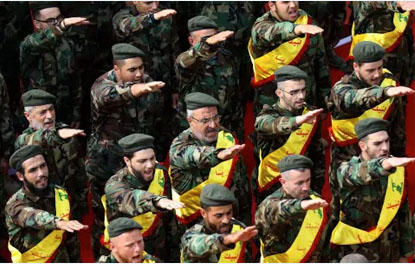
Terrorist Groups in Brazil’s Southwest Region
U.S.-sanctioned terrorist groups, including Hezbollah, al-Qaeda, and Hamas, are believed to recruit, plan attacks, and fundraise in the Tri-Border Area (TBA), and within Brazil specifically.
Numerous terrorist groups operate in Brazil’s southwest near its border with Argentina and Paraguay, also known as the Tri-Border Area (TBA) of South America. U.S.-sanctioned terrorist groups, including Hezbollah and al-Qaeda, are believed to recruit, plan attacks, and fundraise in the TBA with the knowledge of local authorities.*Pablo Gato and Robert Windrem, “Hezbollah builds a Western base,” NBC News, May 9, 2007, http://www.nbcnews.com/id/17874369/ns/world_news-americas/t/hezbollah-builds-western-base/#.WmIxwq6nG71; “TERRORIST AND ORGANIZED CRIME GROUPS IN THE TRI-BORDER AREA (TBA) OF SOUTH AMERICA,” Library of Congress, last updated December 2010, https://www.loc.gov/rr/frd/pdf-files/TerrOrgCrime_TBA.pdf.x Brazil specifically has harbored terrorist operatives and financiers from Hezbollah and al-Qaeda.
CEP is calling on Brazil to arrest, expel, or otherwise cut off support to the following sanction-designated or wanted individuals:
Brazil HARBORS
(Hosts and Assists Radicals By Offering Refuge and Support)
Numerous terrorist groups operate in Brazil's southwest near its border with Argentina and Paraguay. The region, known as the Tri-Border Area (TBA) of South America, is considered a hotspot for criminal and terrorist activity. U.S.-sanctioned terrorist groups, including Hezbollah, al-Qaeda, and Hamas, are believed to recruit, plan attacks, and fundraise in the TBA.

Fact Sheet: Brazil’s Lax Approach to Countering Terrorism
Brazilian security forces are aware of members of Hezbollah and al-Qaeda residing in Brazil, but have not arrested these individuals.


